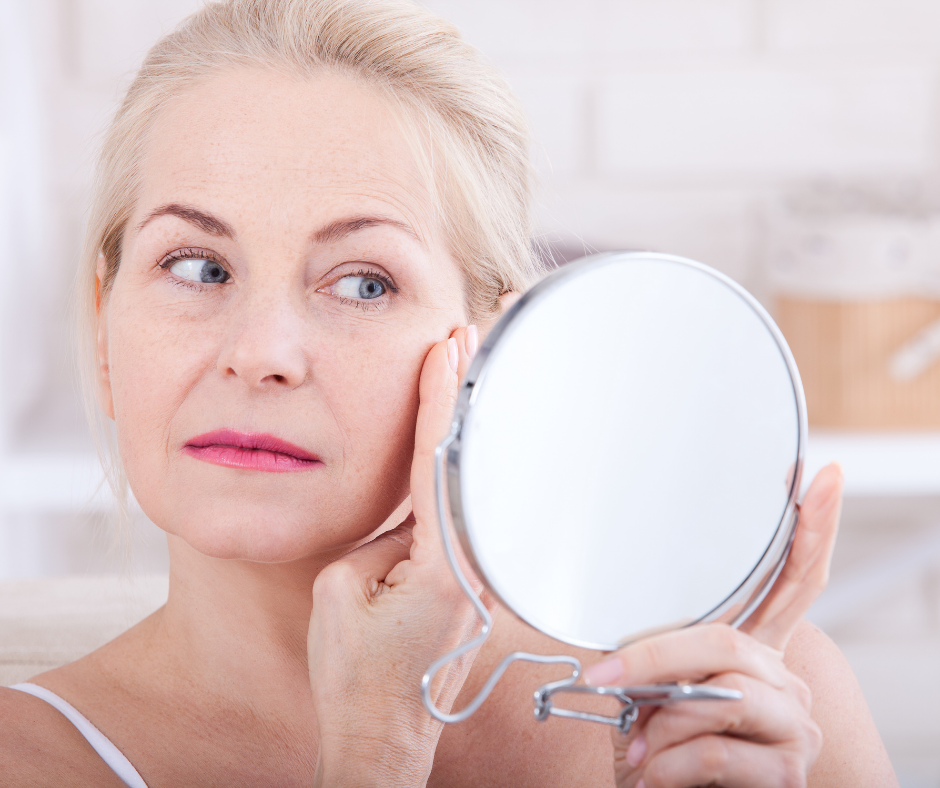Heading to the dermatologist to stimulate your skin’s production of collagen, an essential protein that results in youthful skin’s characteristic plumpness, is a popular cosmetic choice for those experiencing the signs of aging.
From fillers to over-the-counter creams and supplements, collagen is everywhere. Here are some tips from a board-certified dermatologist to help you stimulate your skin’s collagen production again.
What is Collagen?
The body’s most abundant protein, collagen, is used to make connective tissue throughout your body, including your skin. It works alongside elastin, another essential protein, and results in plump and supple skin that’s wrinkle-free, resilient, and strong.
What are the Causes of Loss of Collagen in Your Skin?
While the loss of collagen is typical as you age, it may also occur due to other reasons. These can include:
- Exposure to sun or UV light
- Lack of sleep and exercise
- Increased alcohol intake
- Smoking

A loss of collagen in your skin results in an increase in fine lines and wrinkles, skin that sags more quickly (it loses its elasticity), and an overall laxity.
Treatment to Stimulate Skin Collagen is Safe When Performed by a Board-Certified Dermatologist
If you’re seeing signs of a loss of collagen in your skin, scheduling an appointment with a board-certified dermatologist can help.
Not only will they look at your overall health and family history, but they can prescribe several different types of cosmetic treatments to stimulate collagen production and rejuvenate your skin.
Some common forms of treatment to stimulate skin collagen include:
- Collagen Fillers
A minimally invasive procedure, collagen filler injections work by replenishing the decreasing collagen production in your body. A popular cosmetic treatment, collagen fillers help smooth lines and wrinkles and result in fresh, younger-looking skin. - Retinoids
Your dermatologist may prescribe this vitamin A-rich powerhouse to help stimulate your body’s collagen production. In addition, prescription-based retinoids like tretinoin are used to treat hyperpigmentation, evening out your skin tone in the process as well. - Vitamin C
A powerful antioxidant, vitamin C is also used to boost your body’s collagen production and prevent your skin from getting damaged as a result of exposure to the sun or UV light. Vitamin C is also known to decrease the appearance of fine lines, scarring, and wrinkles. - Collagen Supplements
Available in powder, pills, or even foods such as red meat and bone broth, collagen supplements are a common choice for people looking to improve their skin’s texture and hydration. According to Harvard School of Public Health, studies have found that oral supplements of collagen can improve your skin’s elasticity. - Microneedling and Laser Resurfacing
If you’re looking for something more than topical creams or supplements, your board-certified dermatologist may recommend either micro-needling or laser therapy, as they are known to stimulate collagen production, reduce wrinkles, and even out skin texture.

